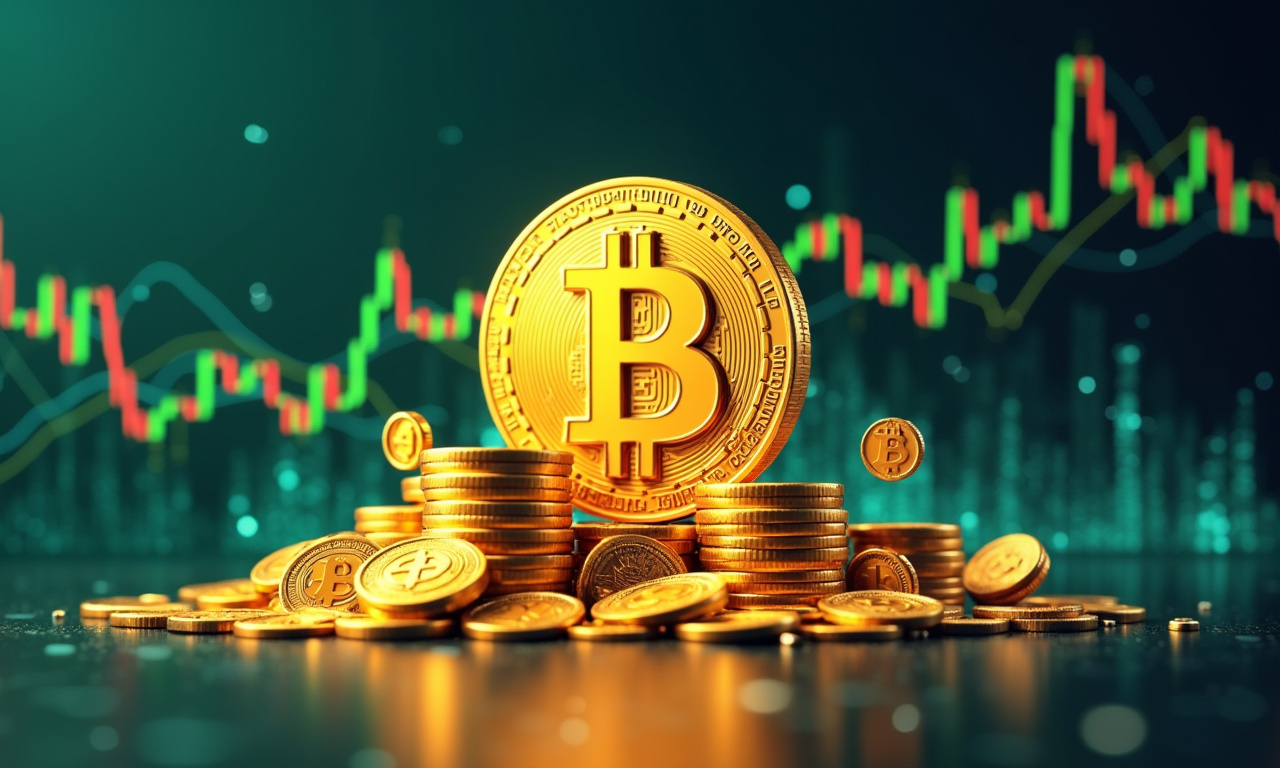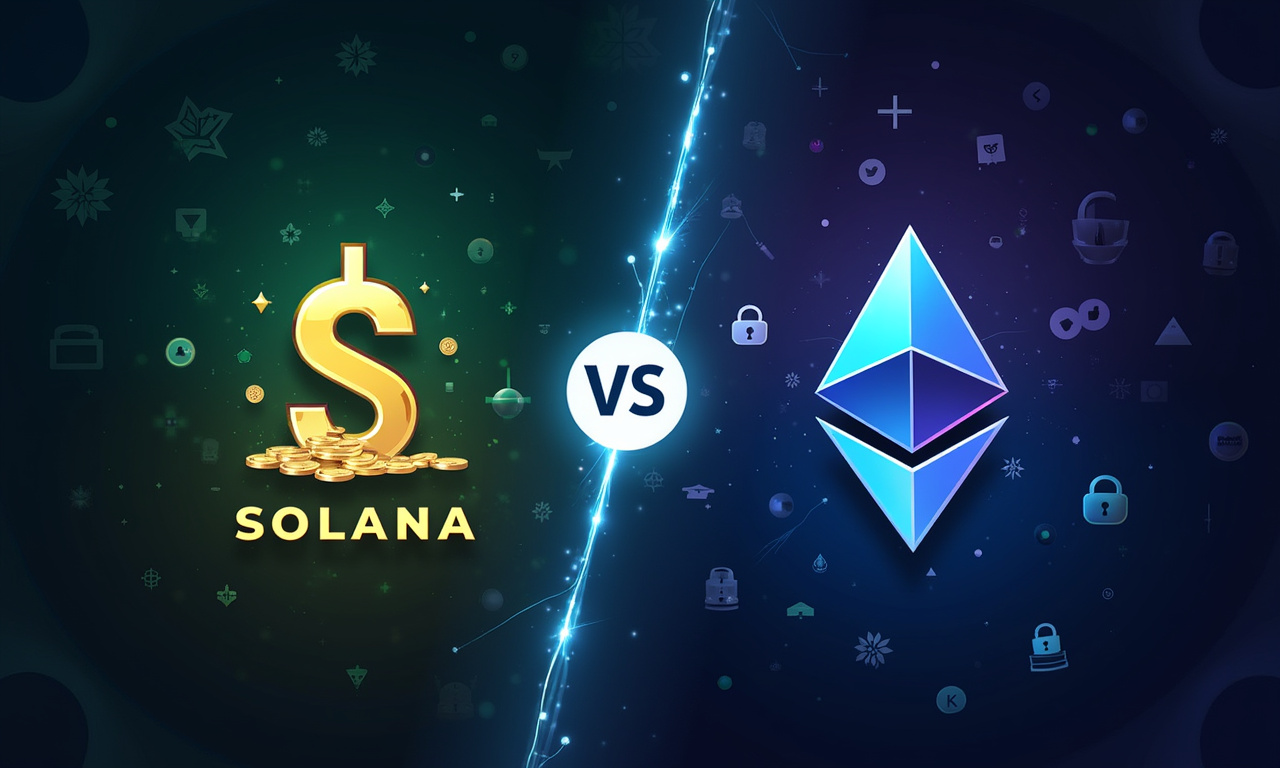
The recent kerfuffle over The Open Network (TON) is turning heads in the crypto space. Its purported “Golden Visa” program in the UAE has emerged as one of the most hotly contested battlegrounds. It's a glaring spotlight illuminating the industry's persistent struggle with credibility, regulatory oversight, and the unbridled hype that often precedes a faceplant. It's a lesson we all need to internalize, whether you're a seasoned crypto investor or just dipping your toes in the digital currency pool.
Crypto's Wild West Still Exists
Let's be frank: the crypto space, despite its maturation, still has elements of the Wild West. Remember the ICO boom of 2017? Hopes of untold wealth powered by nutso whitepapers and David Beckham? The TON saga is reminiscent of that period, though with a newer, more polished patina.
In turn, TON made some audacious claims. They explained that with a TON staking of $100,000 and a $35,000 fee, you could obtain a UAE Golden Visa. Almost offensively so. It focuses on people who are hungry for certainty and chance. It holds out the achievable vision of practice in an attractive community as the carrot. What’s truly mind-boggling is that Pavel Durov himself boosted the accusation on X. The UAE authorities were quick and vigorous in their rebuttal.
The UAE's swift response, a joint statement from the ICP, SCA, and VARA, should send a chill down the spine of anyone peddling similar unsubstantiated claims. They didn't mince words: Golden Visas are based on established criteria, none of which involve crypto investments. VARA even explicitly declared that TON is not licensed or regulated by them. Ouch.
It’s simple to point fingers at TON. We all need to keep our eyes on the ball—the real problem here, the environment that allows these claims to sprout up in droves. Twelve months of hype often eclipses all substance in that ecosystem. Intentional or not, due diligence is considered something that you might do, the line between true innovation and pure snake oil often hard to discern.
Unverified Promises Breed Investor Anxiety
Think about it. What fears and resentments will lead a person to sign on to such a conspiracy theory? Hope, sure. But anxiety. Fear of missing out, or FOMO, is one of the biggest motivators for people in the crypto craze. Fortunes are made overnight, they think, and this fantasy drives them. A yearning for a safer tomorrow feeds the intensity of feelings. This heady mix is enough to fog your vision almost imperceptibly.
The TON incident serves as an excellent case study for how unverified, overblown promises can predate on these fears. People actively seeking opportunity, and crypto – a high risk, high return proposition on the best of days – looks like it could be the better path. Yet, absent regulation and transparency, it’s a total minefield.
The $1 billion increase in TON’s price in the days following the announcement and subsequent denial is a jarring illustration of this speculation. The 10% increase is immediately succeeded by a 6% decrease. This is not just hypothetical computer code, this is real money that can’t be earned or recovered depending on arbitrary stipulations.
One of the main drawcards and crypto’s foundational principles is decentralization. Decentralization should not be used as an excuse for irresponsibility. Just because a project moves beyond established regulatory structures does not relieve it of its ethical and legal obligations.
- Be skeptical. Question everything.
- Verify claims. Don't rely on social media hype.
- Understand the risks. Crypto is inherently volatile.
- Diversify. Don't put all your eggs in one basket.
- Seek professional advice. If you're unsure, consult a financial advisor.
Decentralization Doesn't Equal Irresponsibility
The TON/UAE episode is a cautionary tale on the regulation of decentralized technologies. How do you punish or hold accountable a decentralized entity? How do you maintain transparency when the information is hosted and spread out over a decentralized web? These are all tricky questions with no straightforward answers.
Unambiguous and predictable rules of the road are necessary to promote the growth of a healthy, innovative, supportive, and sustainable crypto economy. These guidelines should address issues such as:
Former Binance CEO CZ’s skepticism, voiced even before the denial was made official, serves as a harsh reminder of the need for critical thinking and due diligence. Yet he had not been able to confirm any such Golden Visa claim with an official source. He was correct to call out the lack of a government collaboration. This is the kind of scrutiny we could use a lot more of in the crypto space.
- Transparency: Projects should be required to disclose key information about their operations, governance, and financial status.
- Consumer Protection: Investors should be protected from fraud, scams, and misleading marketing practices.
- Compliance: Projects should be required to comply with existing laws and regulations, even if they operate across borders.
At the end of the day, the UAE’s dismissal of TON’s Golden Visa bid is more than a disappointment for a specific initiative. This is an aspirational time for the whole crypto space. Credibility is as difficult to gain as it is simple to squander. Sustainable, inclusive growth requires a far greater effort and a devotion to transparency, social responsibility and formal due diligence. Failure to learn this lesson will only bring more disappointment, more regulation and ultimately, a longer slog toward mainstream adoption. And who wants that?
Ultimately, the UAE's rejection of TON's Golden Visa claim isn't just a setback for a particular project. It's a crucial moment for the entire crypto industry. It's a reminder that credibility is hard-earned and easily lost, and that sustainable growth requires a commitment to transparency, responsibility, and, above all, due diligence. Ignoring this lesson will only lead to more disappointment, more regulation, and ultimately, a slower path to mainstream adoption. And who wants that?

Tran Quoc Duy
Blockchain Editor
Tran Quoc Duy offers centrist, well-grounded blockchain analysis, focusing on practical risks and utility in cryptocurrency domains. His analytical depth and subtle humor bring a thoughtful, measured voice to staking and mining topics. In his spare time, he enjoys landscape painting and classic science fiction novels.








